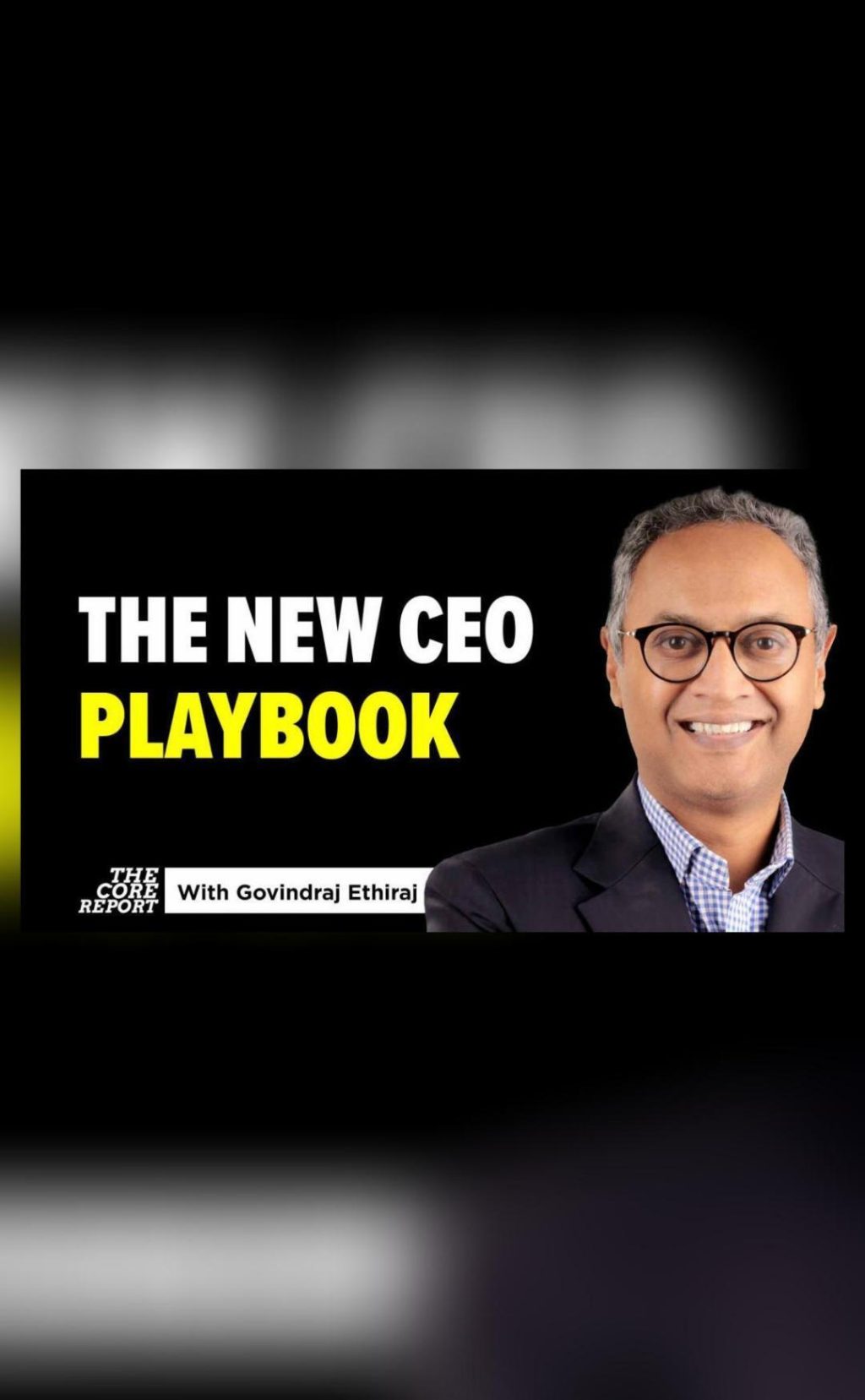
The New CEO Playbook: AI Pressures & Global Tariff Shocks
In today’s fast-paced business environment, CEOs face a multitude of challenges that threaten the very foundations of their companies. From the inside out, Artificial Intelligence (AI) is reshaping industries, forcing leaders to automate and innovate just to stay afloat. Meanwhile, external forces like shifting trade policies are disrupting global supply chains, creating uncertainty and unpredictability. As a result, CEOs are being pushed to localize, adapt, and reconsider long-held business models.
In this blog post, we’ll delve into the new CEO playbook, exploring the pressures of AI and global tariff shocks, and providing insights on how leaders can navigate these turbulent times.
The AI Pressures
AI is transforming industries at an unprecedented pace, bringing both opportunities and challenges for CEOs. On one hand, AI can enhance operational efficiency, improve customer experiences, and drive innovation. On the other hand, it’s forcing companies to re-evaluate their business models, skills, and workforce.
A recent McKinsey report highlights that 80% of companies are struggling to scale AI initiatives, citing a lack of talent, data quality, and governance as major obstacles. This is particularly concerning, as AI adoption is critical for companies to remain competitive in today’s digital landscape.
To address these challenges, CEOs must prioritize AI literacy, investing in employee training and upskilling programs to ensure their workforce is equipped to work alongside AI. Additionally, companies must focus on building robust data management systems, as high-quality data is essential for AI adoption.
Global Tariff Shocks
The global trade landscape has become increasingly volatile, with tariffs and trade tensions affecting businesses worldwide. From the US-China trade war to the EU’s threat of tariffs on US goods, the uncertainty is palpable.
According to a recent report by the World Trade Organization (WTO), global trade growth slowed to 2.1% in 2019, the lowest rate since 2009. This decline is largely attributed to protectionist policies, trade tensions, and uncertainty.
For CEOs, this means adapting to new trade policies, diversifying supply chains, and negotiating new trade agreements. Companies must also prioritize risk management, identifying potential vulnerabilities and developing contingency plans to mitigate the impact of tariff shocks.
The New CEO Playbook
In the face of AI pressures and global tariff shocks, CEOs must rethink their strategy and operations. Here are some key takeaways from the new CEO playbook:
- Embrace AI-driven innovation: Invest in AI literacy, upskilling programs, and data management systems to stay ahead of the curve.
- Diversify supply chains: Localize production, identify new suppliers, and develop contingency plans to mitigate the impact of tariff shocks.
- Adapt to changing trade policies: Negotiate new trade agreements, prioritize risk management, and develop strategies to navigate shifting trade landscapes.
- Rethink business models: Companies must reconsider long-held business models, embracing new technologies and innovations to stay competitive.
- Foster a culture of adaptability: Encourage a culture of adaptability, empowering employees to respond to changing circumstances and drive innovation.
- Invest in employee development: Prioritize employee training, upskilling, and reskilling to ensure a workforce equipped to work alongside AI.
- Monitor and respond to global trends: Stay informed about global trends, tariffs, and trade policies, adapting strategies accordingly.
Conclusion
The new CEO playbook is a roadmap for navigating the complexities of AI pressures and global tariff shocks. As business leaders, CEOs must prioritize adaptability, innovation, and risk management to stay ahead of the curve. By embracing AI-driven innovation, diversifying supply chains, and adapting to changing trade policies, companies can thrive in today’s fast-paced business environment.
Watch the full video:






